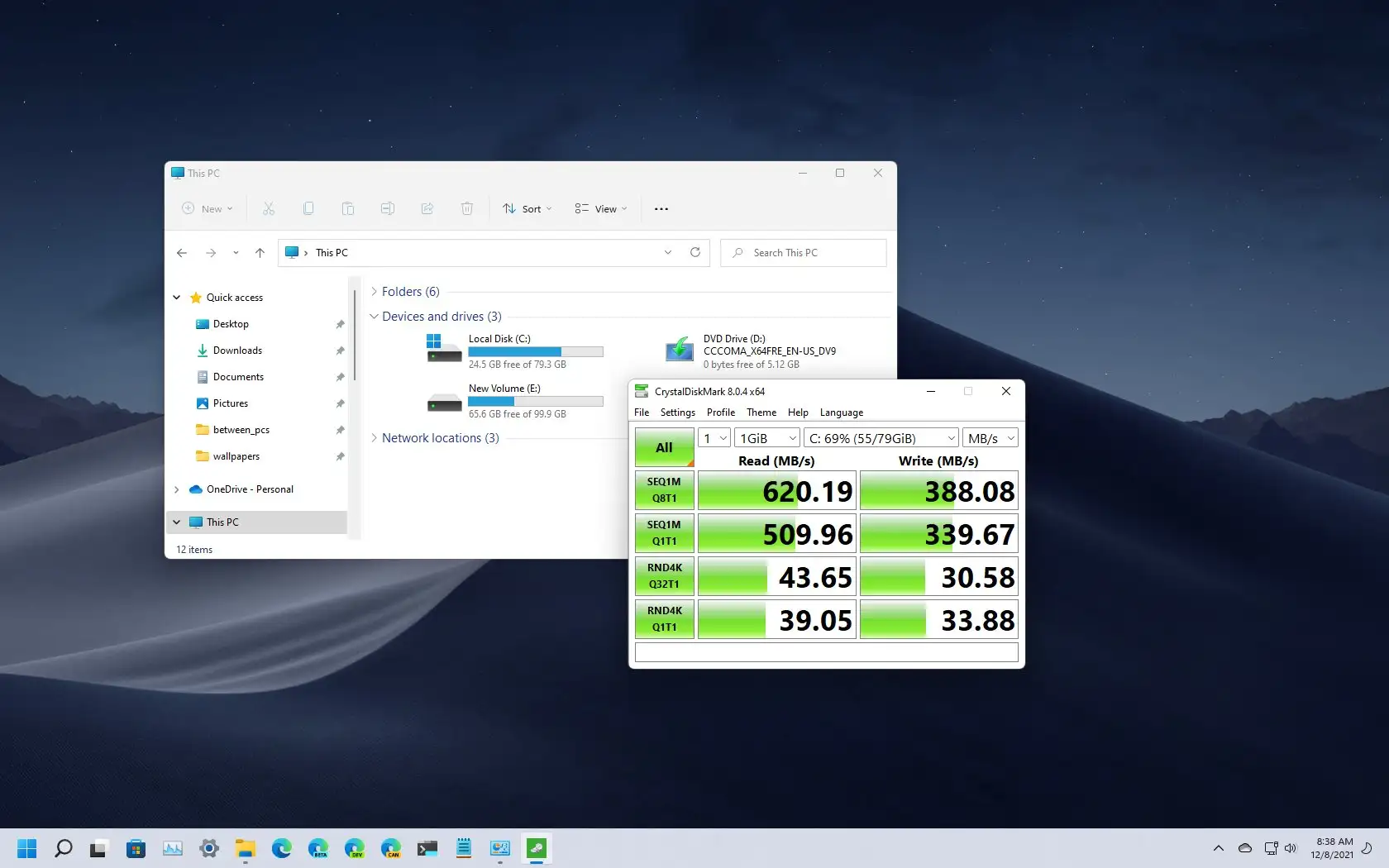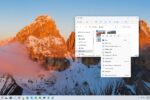- Windows 11 shows slower NVMe SSD performance than Windows 10.
- The problem isn t new since users have been reporting it for months.
- Microsoft hasn t officially confirmed the problem.
NVMe Solid-State Drives (SSDs) are experiencing sluggish performance due to a bug in Windows 11. User comments on Reddit and the Microsoft forums (via Neowin and XDA) indicate that the NVME drives’ performance may be noticeably slower after upgrading from Windows 10 to 11. For example, some users are reporting slower read/write speeds, while others are seeing reduced input/output operations per second (IOPS).
Reports of the issue date back several months, even when the operating system was still in preview. However, nothing appears to have changed since Microsoft opted to release Windows 11 on October 5, 2021.
User MJ_JasonM shares a screenshot of the drive performance on Windows 10 and Windows 11 after updating, along with an explanation of his experience in the Microsoft forums.
A Microsoft employee admitted on Reddit that the business was looking into the matter, but this was months before there was a formal follow-up.
Another screenshot demonstrating noticeably slower write performance on NVMe disks was posted by userMahtiDruidion Reddit in a different topic.
Since the software behemoth hasn’t recognized this as an issue, the cause is still unknown. However, some users have suggested that virtualization-based security (VBS) may be the cause of the speed problem. Others have found that the problem is limited to the drive where Windows 11 is installed. For example, the read and write rates do not differ much from Windows 10 when a benchmark is done on a secondary disk.
For instance, a screenshot of two top-tier Samsung 980 Pro NVMe SSDs on the same computer was shared in the Microsoft forums, demonstrating a notable speed difference.
Similar complaints are also available on the official Feedback Hub. Using the well-known CrystalDiskMark test application, one user verified that his 1TB Samsung 970 EVO Plus NVMe disk running Windows 10 displays sporadic write speeds of 750–850 MB/s. Nevertheless, the 970 EVO Plus and 980 PRO only have random write rates of about 200 MB/s under Windows 11. Other users who used NVMe disks to do benchmarks on their machines responded to this article with similar results.
The update KB5007262, which Microsoft just released as a preview for Windows 11, raises the version number to build 22000.348. Although some user reports indicate speed improvements, the issue is not resolved.



